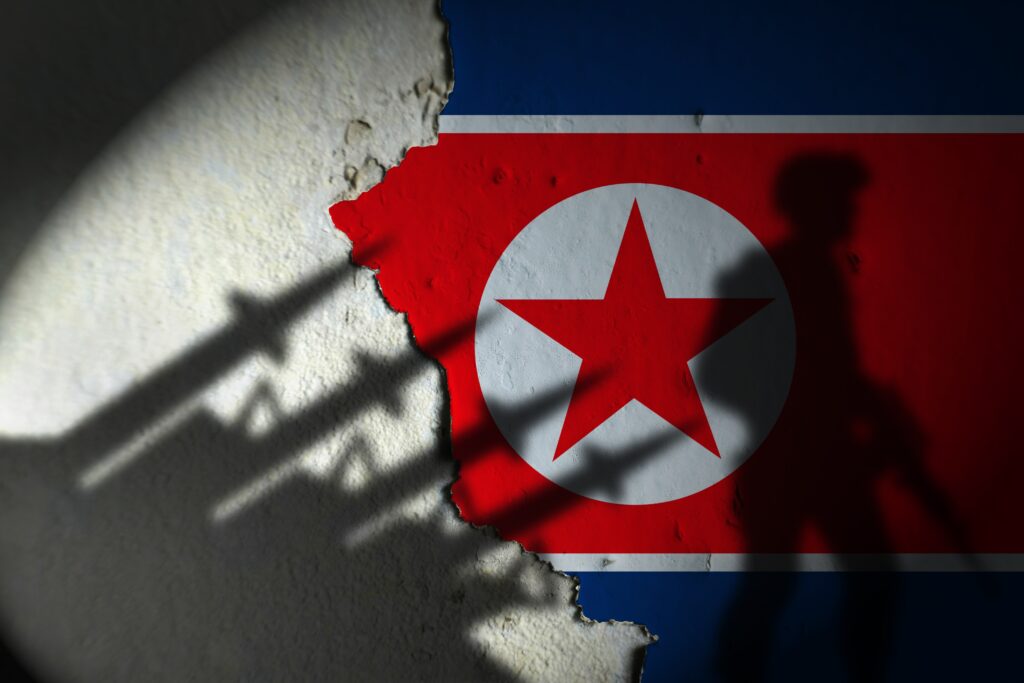Ukraine’s President Volodymyr Zelenskyy confirmed the capture of two North Korean soldiers fighting alongside Russian troops in the Kursk border region.
Zelenskyy made the statement shortly after Ukraine launched renewed attacks in Kursk to hold territory gained during its August incursion. That operation marked the first Ukrainian occupation of Russian soil since World War II.
Russian counterattacks have inflicted heavy losses on Ukrainian forces, killing or wounding thousands and reclaiming over 40% of the 984 square kilometers initially seized.
Zelenskyy shared images of the captured North Korean soldiers on X, showing them bandaged and resting on cots in a secured room. He said capturing them alive was particularly challenging, as Russian and North Korean forces allegedly killed their injured comrades to prevent capture and interrogation by Ukraine.
Details on the Captured North Korean Soldiers
Ukraine’s security service, the SBU, revealed further details about the two soldiers on Saturday. One soldier carried no identification, while the other had a Russian military ID from Tuva, a region near Mongolia.
The SBU stated the men do not speak Ukrainian, English, or Russian, necessitating the use of Korean translators in collaboration with South Korean intelligence. One soldier reportedly believed he was traveling to Russia for training, not to fight against Ukraine.
Both soldiers received medical treatment under the Geneva Conventions and are being investigated with assistance from South Korean intelligence.
North Korea’s Role in the Kursk Conflict
A senior Ukrainian military official disclosed last month that about 200 North Korean soldiers fighting in Kursk had been killed or injured.
This estimate followed reports that Pyongyang had deployed between 10,000 and 12,000 troops to support Russia’s nearly three-year-long war against Ukraine.
The White House and Pentagon confirmed North Korean forces are engaged on the front lines, primarily in infantry roles. They are fighting alongside Russian units and, in some cases, conducting independent operations near Kursk.
